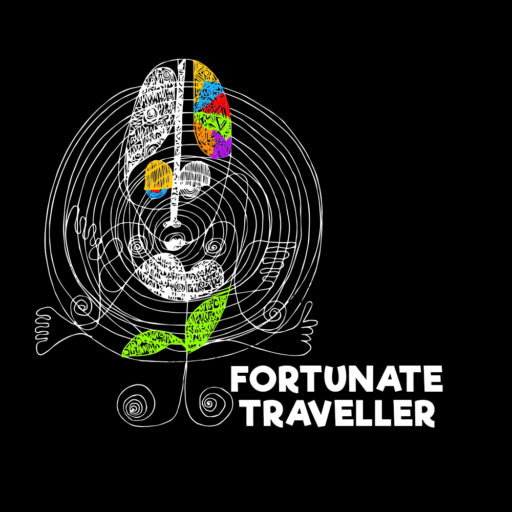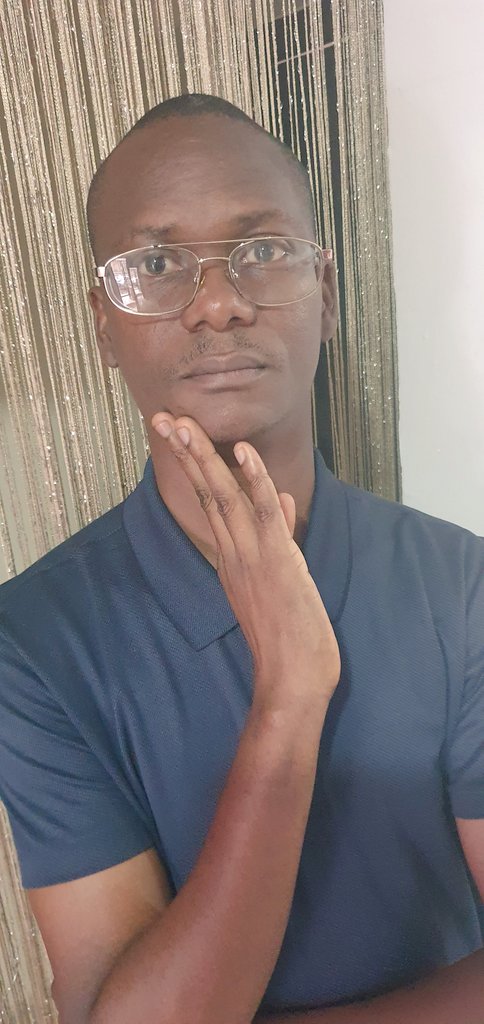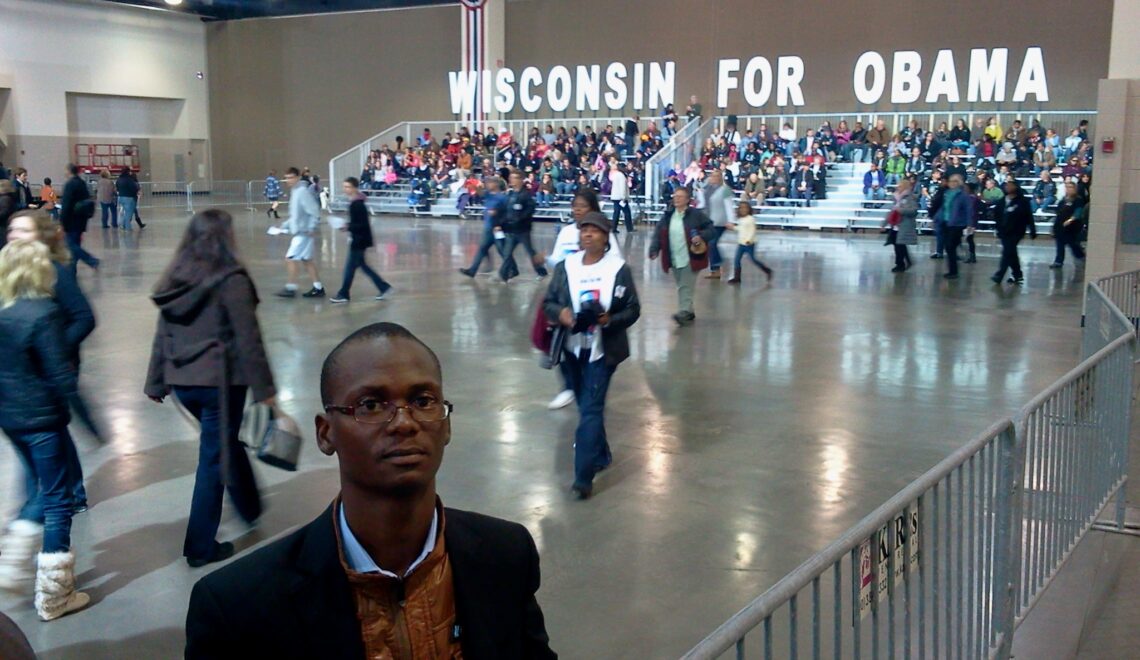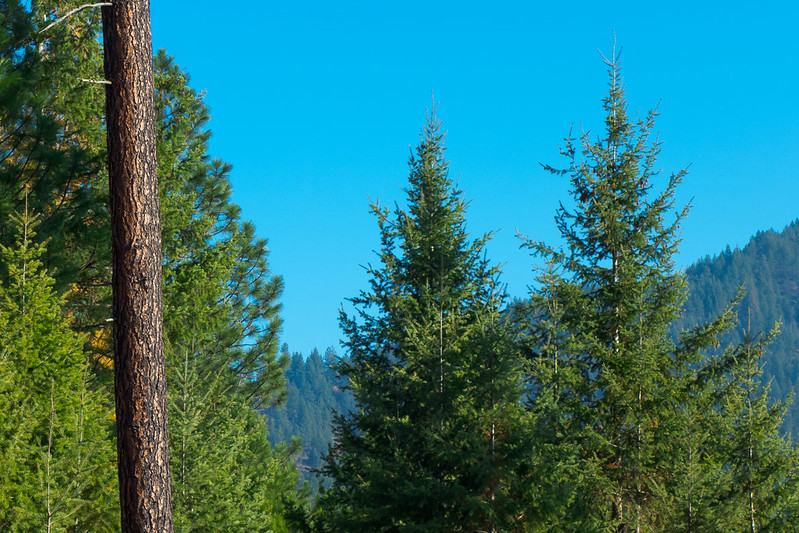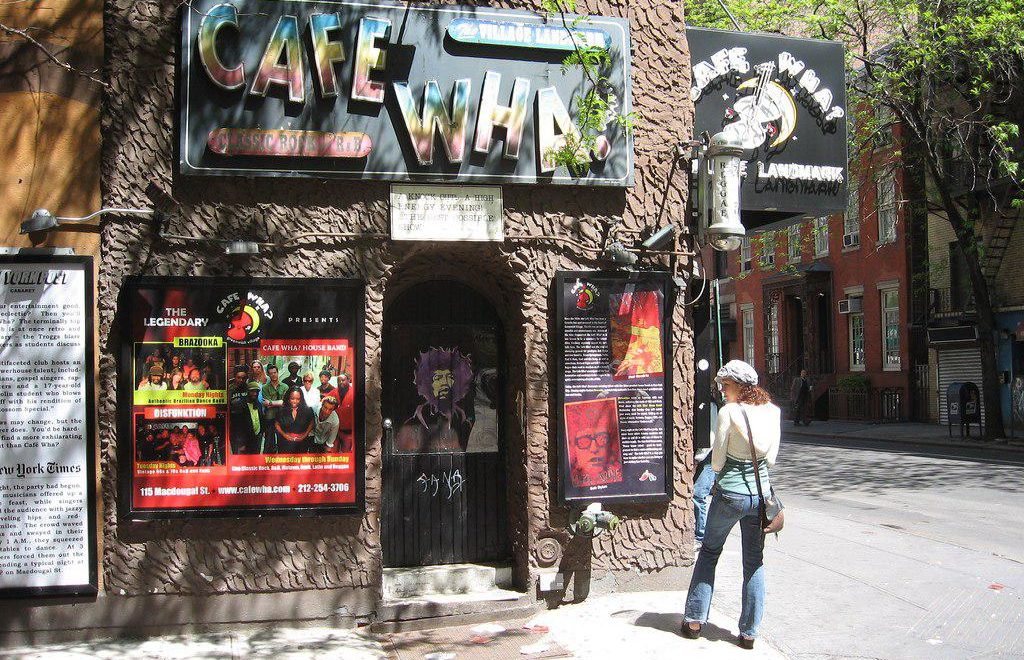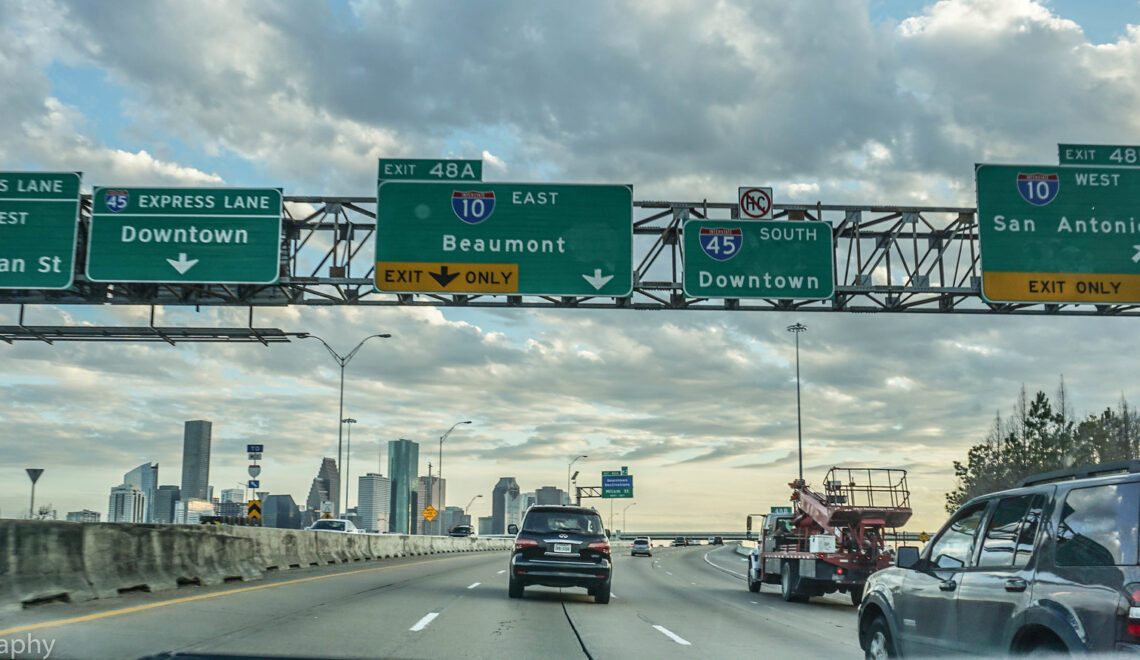
I conquered five American cities in five days: Janesville, Milwaukee, Washington DC, Madison and more of Chicago.
Janesville was a stranger to me. So was Milwaukee. I barely knew about Madison, save for the University of Wisconsin, which occupies a sizable portion of its beautiful landscape. I had not been to Washington but it was not entirely strange to me. I had read about them in books, seen them in movies, felt them in poetry and experienced them in news reports. For Chicago, I covered the reelection of President Barack Hussein Obama in the city.
You can remember I told you earlier Hurricane Sandy almost aborted this trip, but we ploughed on. However, our schedule was affected. The Hurricane ate into the days I was supposed to stay in Washington DC, so I missed a tour of Capitol Hill. Thanks to the good people at the Public Affairs Section of the American Consulate in Lagos, Babatunde Fanawopo of the Osun State Broadcasting Corporation and I got a new ticket which saw us fly into the US through Atlanta, the home of CNN. I consoled myself with a picture I took backing the White House from some distance.
I was in DC in time to see the great Newseum, a museum for news matters, where we saw the history of the media on display. Great Pulitzer Prize pictures, some pieces of the Berlin Wall, the first Outside Broadcasting Van ever, images of fantastic moments in Obama’s life, a mangled piece of antenna mast which stood atop the North Tower of the World Trade Centre, and lots more have found space in the large tower.
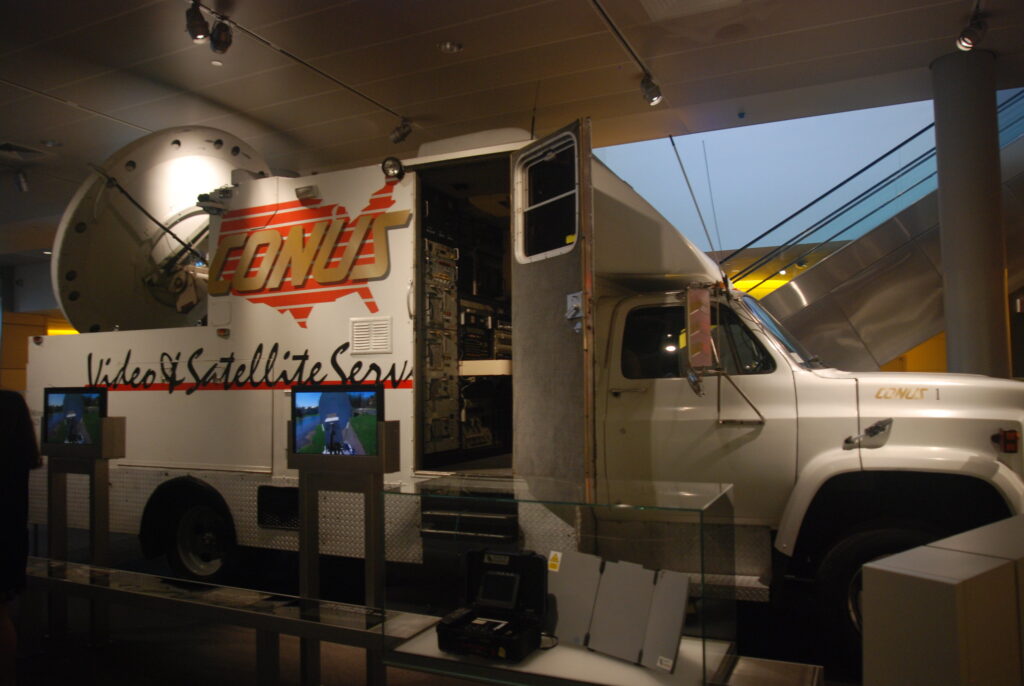
Washington appears a capital for a great nation of diverse people. Skyscrapers, a well-laid-out road network and the business-mindedness of almost everyone you meet stare you in the face. The Office of the Inspector General, which inspects, audits and investigates government agencies, told us things that let us know that all was not perfect. The Inspector General, Charles Willoughby, spoke of occasions when the fire service department did not have smoke detectors in their own offices, and instances of Medicare fraud. Obviously, like America, like Nigeria there. In Nigeria, firefighters, most times, don’t have water to battle fire, hospitals are mere consulting rooms, electricity distribution companies rely on generating sets to power their offices and police stations that should be one of the most secure places are attacked by gunmen.
I thought Washington was cold until we got to Madison, where I rushed into a souvenir store and bought a pair of hand gloves that barely helped me for $14. I later bought a bigger pair for $5 in Milwaukee, and that one worked.
In Milwaukee, I started wearing five items of clothing: a sweater as underwear, a shirt, another sweater, a jacket and then a suit. I know right, I must cut an image of Baba Suwe to you. Not my fault, really. The cold was otherworldly.
I had heard that Madison has a beautiful lake; unfortunately, I could not visit because we were on a tight schedule. Anyway, Madison is nothing like DC. This capital of Wisconsin is a simple city. It has storey buildings, which could not be called skyscrapers. However, its hotels rise into the sky moderately. Madison’s beauty is not in doubt, and its place in American politics was evident as Obama did not ignore it during his campaigns. In Madison, we were told of the end of daylight savings time, which meant we had to set our clocks back one hour before going to bed on November 3.
If Madison was simple, Janesville was simpler. This city of fewer than seventy thousand people cuts the image of a closely-knit neighbourhood, where everyone knows one another. It is home to The Janesville Gazette, which has been published for two decades. Frank Schultz, a colleague who works there, met with a team of visiting reporters from Africa at a Chinese restaurant, which has occupied that same space for ninety years. When I visited, the waiter who served me had been working there for twenty years.
Janesville’s most famous resident is Paul Ryan, Mitt Romney’s running mate in his failed bid to unseat Obama. At the time we visited, Ryan’s blue mansion was in the firm grip of Secret Service agents, who had cordoned off streets leading to the place. This is done for every potential president and vice president. The agents said we could take a picture of the house from a distance. One of our hosts, Andy Strike, found it amazing that journalists were only able to see the house from a distance while others could move closer. A neighbour we met at an Obama for America’s vote canvassing event said she was looking forward to the agents loosening grip on the area once Romney’s dream crashed.
Of the five cities, Chicago was by far the busiest, the most impressive and the craziest. There is nothing simple at all about this city, which is home to several universities, including the University of Chicago and Illinois University at Chicago. The hotels in Chicago are almost uncountable. Chicago reminds one so much of New York. New York of the countless skyscrapers, rail systems and road networks. New York of the heavy traffic. New York of fast-moving people and fast-paced action.
Chicago has a reputation for crime and corruption. It is rated the third most corrupt city in the US. An Illinois University professor, Dick Simpson, told us that the reputation is not exaggerated; he gave facts and figures to back up his claim. According to him, most of the government officials convicted by the Federal Government have been from the city. The Executive Director of the Chicago Board of Ethics, Steven Berlin, also urged us to guide our pockets closely in order not to lose our valuables to pickpockets.
When we met Dr Wayne Gordon and Kimberlie Jackson of the twenty-five-year-old Lawndale Christian Development Corporation, they confirmed that crime is a significant headache in their area. The Corporation, working with the Chicago Police, aims to curb crime.
Filled with architecture dating back centuries, Chicago also hosts the home where the late Martin Luther King Jr lived with his family when they came to Chicago from Atlanta. The house, which was destroyed during a riot, has now been turned into a set of apartments named after King, and is now up for rent.
The Illinois University at Chicago, built in the 1960s, hosts a chunk of Sierra Leonean history, especially on the slave trade. This history is on display at the Richard Daley Library, named after the city’s late mayor. These documents, including letters written by pro- and anti-slavery individuals, exist nowhere else, said Simpson, who heads the university’s Political Science Department.
Organisations such as Lawndale and Public Allies, which used to have Mitchelle Obama as Executive Director, are doing their best to improve the city. These two agencies are particularly working to ensure that the astronomical rate of school drop-outs among blacks and other minority groups, put at over fifty per cent, is checked. They believe that good education can help curb crime.
In Chicago, I met a man who looked every inch Nigerian. So, I was not surprised when Mr George – the man’s name – told me that he originally hails from Abeokuta, Ogun State. Now an American citizen after getting his citizenship in 2002, he was at a polling centre inside the Ethiopia Community Association in Chicago to cast his vote for Obama. After voting, he told me he had been in Abeokuta a fortnight earlier.
‘I voted for Obama,’ he said, ‘not because he is a black man but because he is a good man. He has done his best for this country, and I believe we need to re-elect him. I don’t believe Romney has what it takes to move the country forward. Obama is what we need.’
Many scenes in Chicago remind me of someplace else. Chicago’s street musicians and men needing help reminded me of New York. How could I forget those men bearing placards saying they were homeless, jobless and in need of help? How could I not remember that man in the traffic gridlock holding a placard begging for assistance? How could I forget how much it reminded me of Nigeria? Of the boys under bridge in Oshodi, Ikeja, Yaba.
But, if one decides to look beyond Chicago’s crazy sides, it is a place to be. It has succeeded in moving beyond the Al Capone era. The other four cities are also good. However, for people who like to live actively and who easily get bored, Janesville, Milwaukee and Madison may prove frustrating to live in. Such people may be better suited for Chicago and Washington.
Before you pack your bags, one more bit of information may interest you. If you cannot stand the cold, stay away from these cities. Temperatures can drop to zero or below at some points, and you may not see the sun. And when you do see the sun, you may find a defiant cold alongside, piercing your skin.
____
I want you guys to imagine Houston as a set of pictures – a mosaic of all things bright and beautiful. Imagine Houston as a rope, and it would seem almost endless. As a relationship, Houston would be everlasting. If Houston were a man, Methuselah would envy its longevity.
The first time I flew into Houston, I felt like I was flying into Lagos. Do not think about the epileptic power, constantly gridlocked bad roads, dysfunctional public utility and the litter that seems to cover everywhere like a plague of locusts in Lagos. But suppose you think about the weather in the summer months. In that case, Houston’s boisterousness, economic activities, and multi-ethnic population sometimes feel as if Lagos died and went to heaven.
Most of the time, the sun becomes eminent in Houston as it does back home. The difference in Houston is that seeing a blazing sun on the horizon does not mean cold is far away. A chill can descend on you without warning. So, the maxim around here, especially in the summer, is the Boy Scout motto: be prepared! The way the sun looks here makes one feel closer to the heavenly bodies. I cannot describe it, but there is something special about the lunar position.
Texas is a state that has over twenty-five cities. It was part of Mexico until General Sam Houston won its independence, and Houston was named after him when land investors founded it in 1836. Gen. Houston was President of the Republic of Texas before it became part of the US. Houston today, however, is the most populous city in Texas and the fourth most populous in the United States. By a 2018 estimate, its population is 2,325,502. Our dear small Lagos, both a state and a city, is estimated to contain some twenty million people. You can begin to understand why Lagos’s infrastructure is overstretched.
Like Lagos, Houston is diverse, more diverse. It has people from almost every part of the world: Indians, Mexicans, Nigerians, Chinese, Japanese and all. Its status as a port city helps it attract people from far and near. Its rail system, I observe, serves only the ports from which goods are moved to warehouses and elsewhere. I have not seen containers being moved on the road here – and I expect to see a similar use of the rail system in Lagos when the rail project to the Apapa ports is completed.
Unlike cities such as New York and Chicago, Houston has no underground rail system, and its bus services are not city-wide. Most people who live in Houston own cars because moving around without a vehicle is difficult. Schools in Houston are graded, and the more expensive the area you live in, the better the schools available to children. That is my reading of the situation of things in this great city. Houston is renowned for hosting the National Space Agency (NASA) and other institutions critical to global advancement.
Houston does not have the New York or Chicago feel. However, I am sure that Nigeria will praise her leaders to high heavens if just one city can have the infrastructure that they have in Houston. The city’s bridges and flyovers are deliberate attempts to shorten the distance and make people get to their destinations on time. There are tall flyovers here and there, which are engineered to make the people have a smooth ride to and fro. When there is traffic, it is rush hour, not because of a lack of planning. The roads have clear signs to warn people in case of snow or heavy rain. You are properly advised about what to do, and if you follow them, you will likely not come to any harm.
With its Downtown skyscrapers and well-laid-out road network, Houston appears as a commercial capital of a great state of diverse people. Abuja, our best, is nowhere near Houston in any regard. Wuse, Maitama, Asokoro and other highbrow areas of Abuja give the illusion of grandeur, but not so far away from them are Ushafa, Jikwoyi and other ghettos, which blur their beauty.
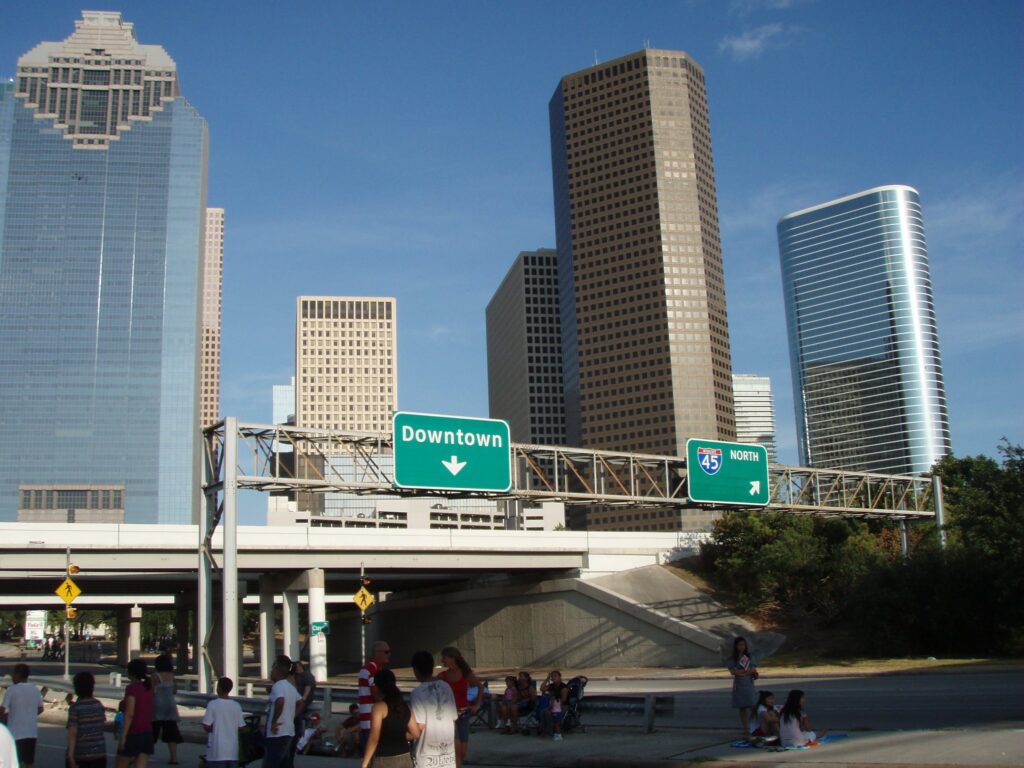
In almost all Nigerian cities, a drainage system is a major challenge. This is one of the things Houston has gotten right. And let us not talk about electricity. Since I got to Houston, and all the time I have been coming here, I have not witnessed a power cut. Back home in Nigeria, a power cut is no news. What is news is having a twenty-hour uninterrupted power supply. No wonder a Nigerian comedian did a skit calling the office of an electricity distribution company to call its attention to the fact that there was rain and his power supply was not interrupted. ‘Please take the light. Thank you,’ he pleaded.
Don’t get me wrong, Houston is not heaven. Far from it. Unlike New York and Chicago, I have noticed that Houston has many roads that are not lit at dark hours. I also do not understand why a global city like this does not have a mass transit train service. Its bus service, I am disappointed, is not as robust as London or even Liverpool, where you do not have to own a car to move around.
All in all, Houston is a good place, especially for people like us who are not used to the chilly weather that is witnessed for the bulk of the time in places like New York, Wisconsin, Chicago and Washington DC.
^This is an updated, two-part excerpt from United Countries of America and Other Travel Tales by Olukorede S Yishau, available on Amazon. The first part was published earlier and can be read here.
Olukorede S Yishau is an award-winning and widely-travelled Nigerian journalist, novelist and short story writer. His first novel, In The Name of Our Father, was longlisted for the 2021 NLNG Prize for Literature and has been a subject of theses by undergraduate and postgraduate students in Nigerian universities. He has tutored young writers at workshops organised by the Young and Cerebral, and Lagos Comic Convention, amongst others. He has participated in book festivals such as the Lagos Book and Arts Festival, Kawe Book Festival and ProjectLit Ghana. He was one of the four Nigerians selected by the United States Mission in Nigeria for a creative writing programme at The University of Iowa in 2021. His work has appeared in publications such as Lagos Review and many more. He works with The Nation Newspaper as its United States Bureau Chief.
Cover photo credit: Ronald
